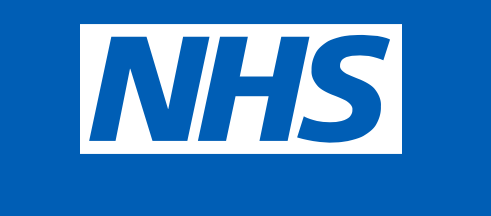
7 February 2020
Prior to his untimely death, Professor Martin Gore initiated a national project to identify the best way to mitigate these pressures, whilst maintaining the governance, oversight and evidence base of cancer treatment.
The UKONS Board were involved in the consultation and were keen to ensure that site-specific specialist nurses remain core-members of the MDT meeting, as they have their role is to ensure the holistic and person-centred needs of the patient are discussed and advocated. (The full UKONS position statement can be read here https://ukons.org/news-events/ukons-position-statement-on-mdt-reform/
The guidance outlines the main aims to be achieved by streamlining and these are:
The underlying principle of the streamlining process is that all patients remain listed and recorded at the MDT meeting, but patients will be stratified into two groups:
1) Those cases where full discussion at the MDT meeting is required, for example due to clinical complexity or psycho-social issues
2) Those cases where a patient’s needs can be met by a standard treatment protocol (or ‘Standard of Care’), and so do not require discussion at the MDT meeting.
The Standards of Care will be developed across Cancer Alliances. They will set out the treatment or care patients should expect to receive in a tumour site-specific manner. The Standards of Care will also be identified and adopted by tumour site-specialist MDTs with the Cancer Alliance Tumour Pathway Board. Finally, the Standards of Care will be referenced, signed off by the Cancer Alliance, and apply across the geography of a Cancer Alliance.
For patients not to be discussed at a full MDT meeting, they will have had to be assessed as meeting the requirements of the ‘Standard of Care’ and this should be done by ‘being seen, or otherwise assessed by, a MDT member consultant or clinical nurse specialist’. In real terms this process may well be done via a pre-MDT ‘triage’ meeting or similar process. The document refers to two pilot sites and both of these required dedicated time from site-specific CNSs who were required to undertake pre-MDT consultations.
It is important to note that there is no absolute requirement to adopt the MDT reforms, rather this guidance provides a permissive approach for doing so on a Cancer Alliance basis. What is clear, however, is that although very much needed, MDT streamlining has many implications for specialist nursing practice and cancer nurses should be aware of the content.
The guidance is available to read here